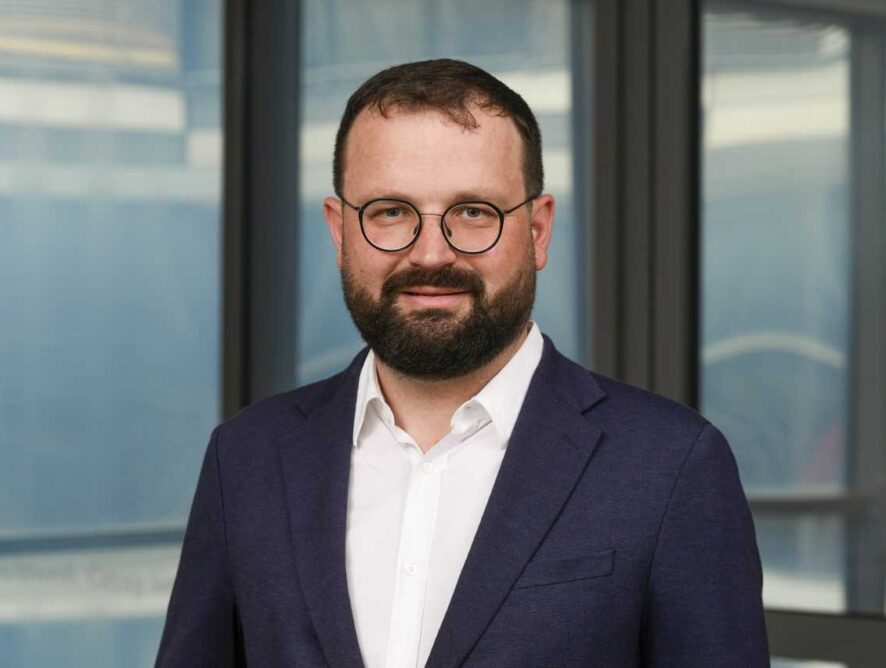Professor Andreas Fuchs currently holds the Chair of Development Economics and Global Political Economy at the University of Göttingen. He also serves as the Director of the Centre for Modern East Asian Studies (CeMEAS) at the University of Göttingen and the Director of the China Initiative at the Kiel Institute for the World Economy. His research focuses on policy-relevant issues in development, with particular emphasis on international development cooperation, trade and investment policies in Asia (especially China) and Latin America, as well as the global development strategies of authoritarian states. His work increasingly relies on innovative data sources—such as satellite imagery and web-scraped information—and modern machine learning techniques to analyze political and economic dynamics that are difficult to study using conventional methods.
The Chair of Development Economics and Global Political Economy investigates policy-relevant issues in development economics and international political economy using predominantly quantitative methods. We examine questions of international development, trade, and investment policies, with a particular focus on the so-called Global South. Central objects of investigation include the effectiveness of international development cooperation projects and government-led interventions and policies. We also analyze the political economy of natural disasters, conflicts, migration, and international organizations.
Our regional foci are Asia (especially China) and Latin America. Teaching at the chair emphasizes development economics from macroeconomic and political-economy perspectives, as well as development policy. We offer a comprehensive range of courses at the Bachelor, Master, and Ph.D. levels.
Our research increasingly uses innovative data sources—such as satellite imagery or web-scraped information—and modern machine learning techniques to explore economic and political dynamics that are otherwise difficult to study. This includes, for example, the use of natural language processing and remote sensing to better understand the strategies and development activities of authoritarian states in the Global South. Our research is currently supported by a Momentum grant from the Volkswagen Foundation for the project Tapping Innovative Data Sources to Analyze the Impact of Authoritarian States on Global Development.
For more information about the professorship holder, please visit www.andreas-fuchs.net.



